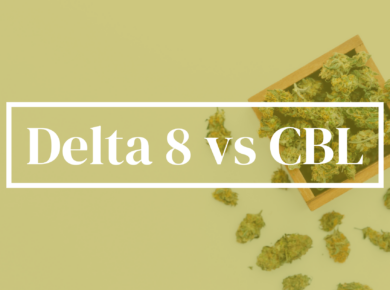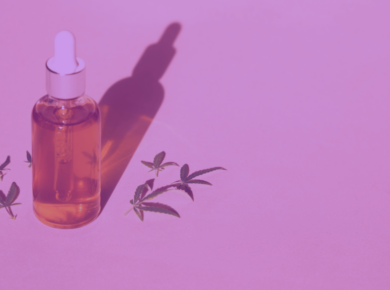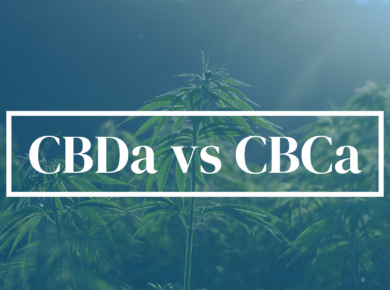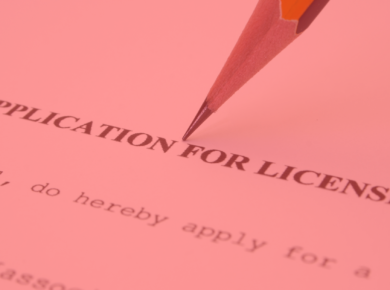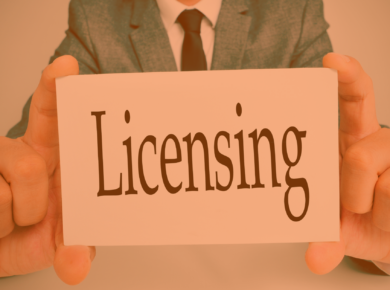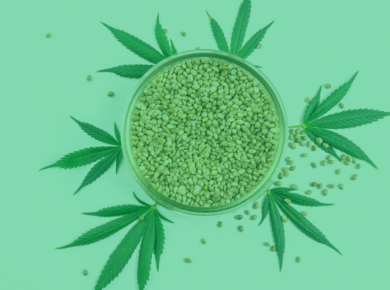CBD (Cannabidiol) and CBDV (Cannabidivarin) are two naturally occurring cannabinoids found in the Cannabis sativa plant, each boasting unique chemical structures and potential effects.
CBD is a prominent, non-psychoactive cannabinoid in the cannabis plant, often recognized for its potential to support overall wellness. While research is ongoing, no definitive claims about its benefits can be made at present.
Conversely, CBDV, while structurally similar to CBD, is lesser-known and slightly chemically distinct. It is non-psychoactive and initial research suggests it may have unique properties.
While both cannabinoids share commonalities, their distinctions in chemical composition potentially lead to varying effects. As research unfolds, further insights into each compound’s unique characteristics may be revealed.
Many States allow hemp derived cannabinoids under the 2018 Farm Bill as long as they contain less than .3% D9 THC. Some States have explicitly banned cannabinoids like Delta 8, so check your local rules and regulations before purchasing.
Here’s the rules for Kush.com and more details
Frequently Asked Questions (FAQs)
- What Is CBD and How Is It Derived? CBD, or cannabidiol, is extracted from the stalks and flowers of the hemp plant, typically using methods such as CO2 extraction. Unlike THC, CBD does not induce a “high.”
- What Differentiates CBDV from CBD? CBDV, or Cannabidivarin, while structurally akin to CBD, has a unique chemical makeup and is generally found in lower concentrations in cannabis strains.
- Can CBD and CBDV Be Extracted from the Same Plant? Both CBD and CBDV can be extracted from the hemp plant, though their concentrations vary significantly depending on the strain.
- How Are CBD and CBDV Used in Products? They are incorporated into various hemp products, including oils, tinctures, edibles, and topicals, with the choice between them often hinging on individual preference and need.
- Are There Legal Differences Between CBD and CBDV? Federally legal in the United States, both CBD and CBDV must be derived from hemp and contain less than 0.3% THC. However, always verify local regulations as they can differ by state and country.
Legal Disclaimer
The information provided is for educational purposes only and should not replace professional medical advice. Always consult your healthcare provider before utilizing any CBD or CBDV products.
Where to Purchase
CBD and CBDV products are accessible online and in certain physical stores. Ensure to comprehend your local laws prior to making any purchases.
Shop
Similar Product Searches You Might Be Interested In:
